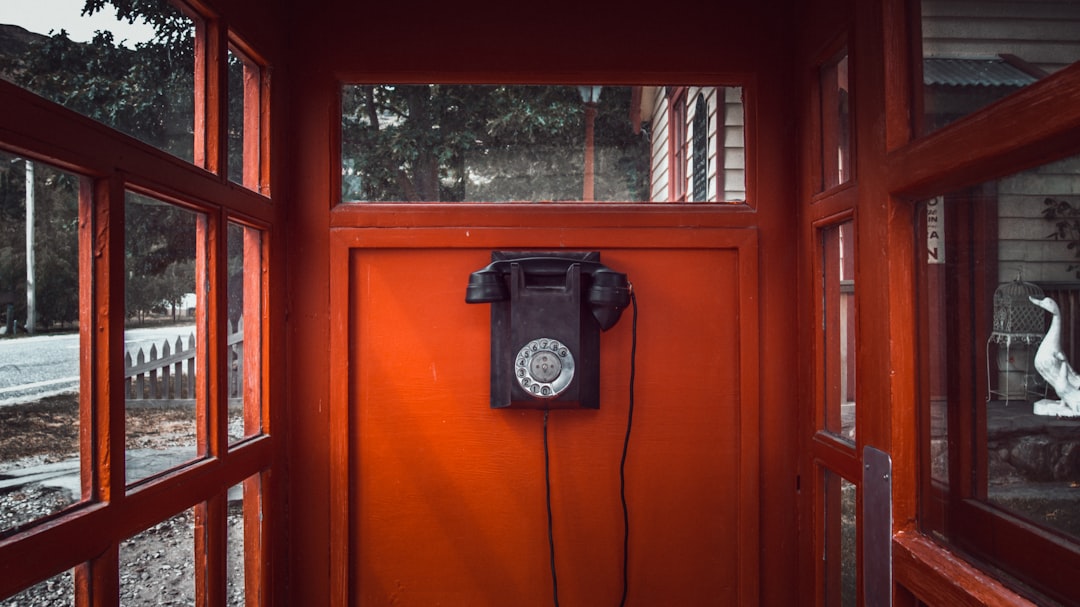Connecticut's "Do Not Call" laws protect residents in Bridgeport from unsolicited telemarketing calls. With severe penalties for violations, these laws promote privacy and transparency, assisted by specialized Do Not Call lawyers. The Attorney General's Office enforces regulations, handles complaints, and blocks illegal calls, with exceptions for non-profits, political campaigns, and schools. Victims can take legal action against offending businesses, including law firms like Do Not Call Lawyer Connecticut.
Bridgeport, CT, like the rest of Connecticut, has stringent laws in place to protect residents from unwanted solicitation, particularly unsolicited marketing calls. This article delves into the legal framework surrounding these calls, exploring Connecticut’s ‘Do Not Call’ laws and their application in Bridgeport. We’ll break down the definition of unsolicited marketing calls, enforcement mechanisms, business exceptions, and penalties for violations, offering valuable insights for both residents and businesses seeking to comply with local regulations. Connect with a Do Not Call lawyer in Connecticut today for expert guidance.
Understanding Connecticut's Do Not Call Laws

Connecticut, including Bridgeport, has strict regulations in place to protect residents from unwanted telemarketing calls, known as its “Do Not Call” laws. These laws empower individuals to take control of their phone lines and privacy by registering their numbers on the state’s official Do Not Call list. By doing so, Connecticut residents can significantly reduce the number of unsolicited sales or promotional calls they receive.
A ‘Do Not Call’ lawyer in Connecticut can guide citizens through this process, ensuring their rights are respected. The state’s regulations also set fines for businesses that violate these laws, demonstrating the seriousness with which Connecticut takes its privacy protections. This approach not only helps residents but also fosters a more transparent and reputable business environment by discouraging aggressive marketing tactics.
Legal Definition of Unsolicited Marketing Calls

Unsolicited marketing calls, also known as telemarketing, refer to phone communications initiated by businesses or individuals seeking to promote products or services without prior consent from the recipient. In Connecticut, this practice is regulated to protect residents from unwanted and intrusive sales calls. According to state laws, a “do not call” order applies to any telephone solicitation, including those using automated dialing systems or pre-recorded messages. This means that businesses are prohibited from making marketing calls to numbers registered on the state’s “do not call” list.
The legal definition of unsolicited marketing calls is crucial in understanding the rights of Connecticut residents. Such calls can be considered a violation of privacy and are subject to strict penalties, including fines and legal actions against the offending companies or individuals. This regulation is part of a broader effort to ensure consumer protection, especially regarding personal information and communication preferences.
Enforcing the Ban: Who and How

The effectiveness of Bridgeport’s ban on unsolicited marketing calls heavily relies on its enforcement mechanisms. The responsibility for monitoring and upholding this regulation falls upon the Connecticut Attorney General’s Office, which plays a pivotal role in ensuring compliance across the state, including Bridgeport. They have the authority to investigate complaints from residents who receive prohibited calls, issuing warnings or taking legal action against violators.
Key strategies employed include consumer education, proactive monitoring of call patterns, and targeted investigations. Consumers are encouraged to report any suspected illegal calls by contacting the Attorney General’s Office. This grassroots effort empowers citizens to actively participate in the enforcement process. Additionally, advanced technologies assist in detecting and blocking unwanted calls, providing a multi-pronged approach to make Bridgeport a less hospitable environment for telemarketers engaging in unsolicited marketing activities, especially those notorious “Do not call” lawyer scams.
Exceptions and Opt-Out Rights for Businesses

While Bridgeport’s robust legal framework aims to protect residents from intrusive unsolicited marketing calls, there are exceptions and opt-out rights for businesses. Certain types of calls, such as those from non-profit organizations, political campaigns, or schools, may still reach consumers without prior consent. Businesses that operate within these sectors must adhere to specific guidelines regarding the content and frequency of their calls.
Moreover, even in cases where prior permission has not been granted, individuals have the right to opt out of future calls from a particular company. This process often involves registering the number on state or national “Do Not Call” lists. In Connecticut, for instance, residents can register their phone numbers with the Attorney General’s office to prevent unsolicited calls, including those from Do not call Lawyer Connecticut.
Consequences and Remedies for Violations

Bridgeport, Connecticut, has established a robust legal framework to combat unsolicited marketing calls, also known as telemarketing, particularly those from lawyers who may target residents. The consequences for violating these regulations can be severe for businesses and individuals alike. Fines and penalties are typically imposed on companies found guilty of making unwanted calls, with the amount varying based on the severity of the offense.
Victims of such violations have several remedies available. They can file official complaints with the Connecticut Attorney General’s Office or take their case to court. Many consumers opt for legal action against the offending law firms, seeking compensation for their troubles. A successful lawsuit can result in substantial damages and an injunction against the company, effectively halting their unsolicited telemarketing practices. This strong response is designed to deter similar actions and protect Connecticut residents from intrusive marketing tactics, especially those masquerading as legal services with promises of “Do not call Lawyer Connecticut.”






